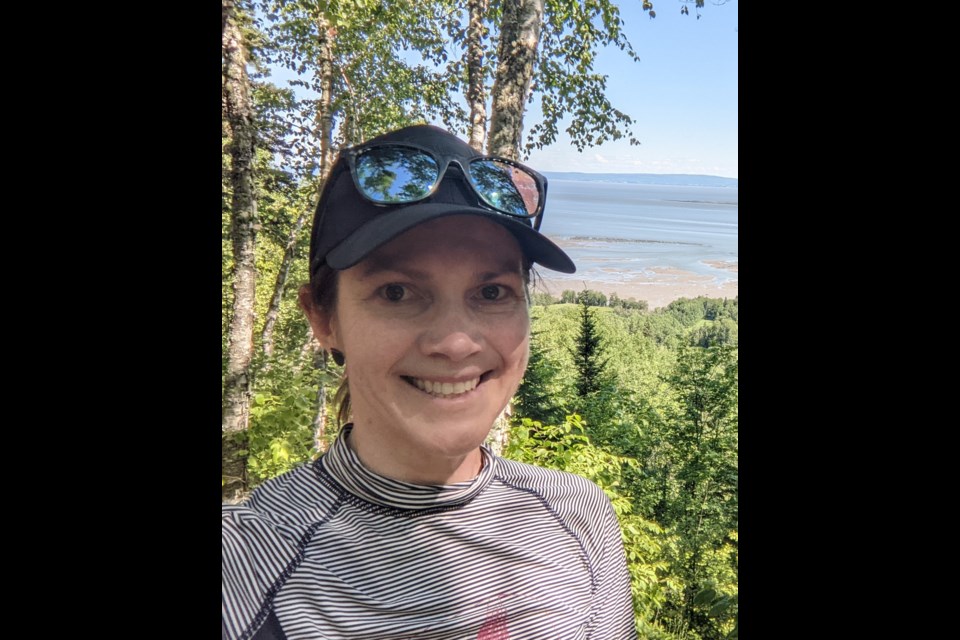Northwestern Ontario doctors and other rural physicians across Canada are being invited to apply to a new program which funds training.
The Society of Rural Physicians of Canada launched a program on Wednesday to make it easier for rural physicians to take training opportunities that will help them bring back skills to where they practice.
Dr. Sarah Lespérance, the society's president and a rural generalist physician practicing in Petitcodiac, N.B., said the national advanced skills and training program for rural practice is “available to any physician who's practicing rurally in Canada who needs some extra skills to provide services in their community.”
Lespérance said it's also available to newer graduates and any practicing doctor who may have come through international medical graduate stream.
Dr. Sarah Giles, a Kenora physician who practices rural family and emergency medicine and is a member-at-large on the society's executive, calls the program a game changer.
“By allowing rural doctors access to mentors where they can get skills that their communities need, this helps people stay in their communities and have care closer to home. It helps doctors feel more confident when providing expanded scope,” she said. “It allows [rural doctors] push the boundaries of their practice and decrease patient travel.
“There are just so many good things about it."
Giles said the funding will cover more than just the training.
“There's money available to pay potential mentors and money available to get locums, which just never existed in the past,” she said, also explaining the locums would cover the duties of the doctor on the training, which is a significant help.
“Right now, [taking time off or] going on vacation can actually be a really stressful, heinous process because you have to do so much work before and after, and often while you're on vacation because if you can't find anyone to cover your practice, you have to keep up with your paper work, keep up with your labs,” she said.
“So if you can get someone to come in, then you can actually enjoy that time away and immerse yourself and learning or whatever needs to happen.”
Lespérance said a similar program British Columbia has run successfully.
“So essentially we're scaling this project,” she said. “It's available for anyone working anywhere in this country.”
Lespérance said the opportunities rural doctors can take are really as unique as the practices and needs of populations in various rural communities.
“Most of the time when you do your training, you kind of get it all at the beginning. So you do your residency, you might do a bit of extra training right away. Then when you're out on your own, it's harder to get the time, to get the money, to get coverage to make that happen even if there is a need for those skills,” she said.
“The idea is, it's a bit of a choose your own adventure,” she said. “It's up to the physician to determine with their community what's needed, what kind of training they would like to obtain."
"Really, the only limitation is that we're looking at training that would be 30 days or less.”
Lespérance said they are fairly confident the program can help quite a lot of physicians and quite a lot of communities. She said about 166 doctors can access this program which is currently funded until the end of the year or until the funding is used up.
“In one community, it might be that they're trying to bolster their maternity care program and someone wants some specific skills related to delivering babies so that women don't have to leave their community,” she said. “And another one, maybe they're finding they have to send a lot of people for stress testing to rule out a heart attack and maybe they want get some training to be able to provide that testing in their community, so [patients] don't have to travel for that.”
“The options are really sort of endless,” she said.
